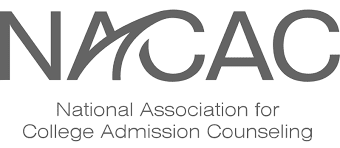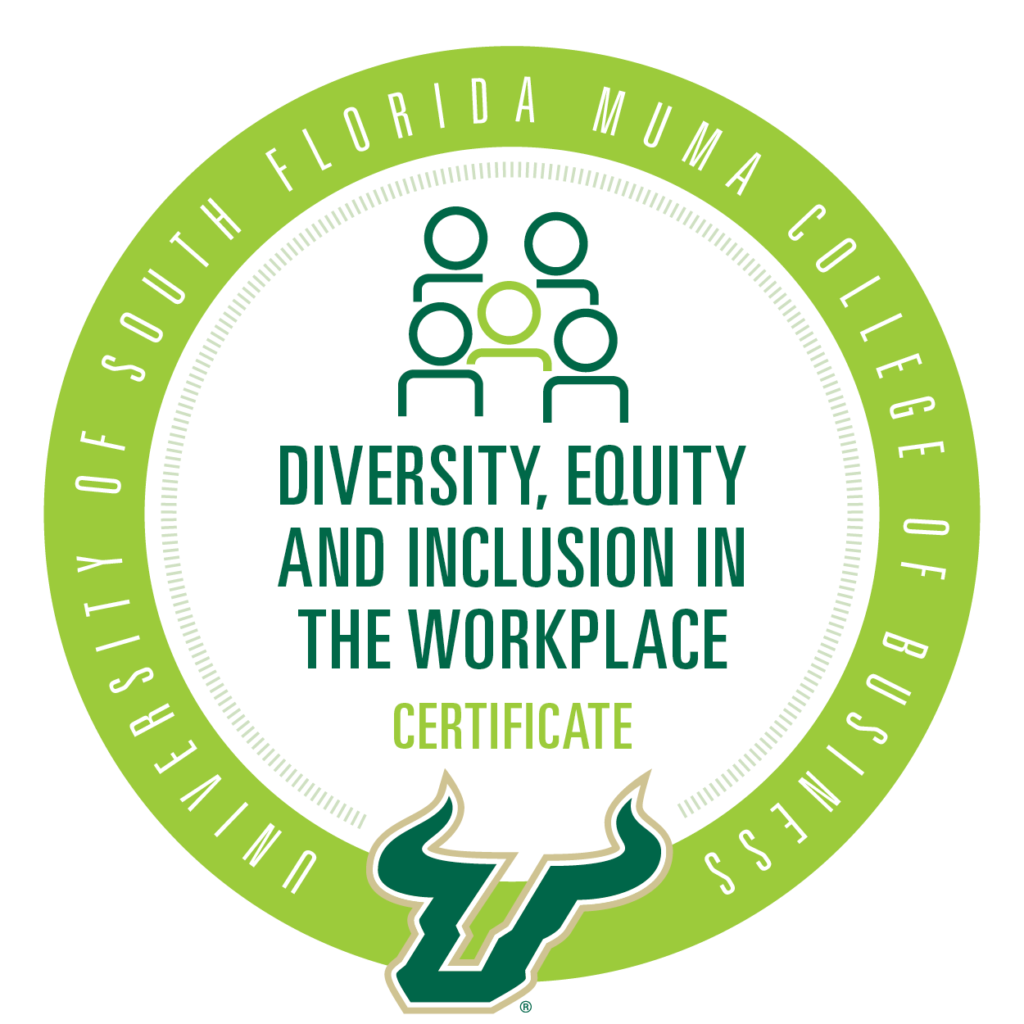Choosing the right college is a pivotal decision in a student’s academic journey, one that can significantly impact their future. Amidst the plethora of options available, the term “Right Fit” often emerges as a guiding principle. But what exactly does it mean, especially for high school juniors and seniors who are navigating the complex terrain of college applications? And how can Independent Educational Consultants (IECs) assist families and students in understanding and achieving this elusive concept?
Defining “Right Fit”:
To comprehend the notion of “Right Fit,” it’s essential to recognize that it extends beyond mere academic prestige or a college’s ranking. Instead, it encapsulates a holistic alignment between a student’s individual preferences, aspirations, and the ethos of the institution. Factors such as campus culture, size, location, academic offerings, extracurricular opportunities, and financial considerations all contribute to determining whether a college is the right fit for a student.
Guidance for High School Juniors and Seniors:
For high school juniors and seniors embarking on the college application journey, understanding what constitutes a “Good Fit” is paramount. Here are some key considerations to ponder:
1. Self-Reflection: Encourage students to engage in introspection to identify their academic interests, personal values, career goals, and preferred learning environment. Understanding oneself is fundamental in identifying colleges that align with their aspirations and values.
2. Research: Encourage thorough research into colleges and universities. This includes exploring their academic programs, faculty expertise, campus culture, extracurricular offerings, internship opportunities, and alumni network. Websites, virtual tours, college fairs, and campus visits (when feasible) are valuable resources for gathering information.
3. Prioritize Preferences: Emphasize the importance of prioritizing preferences. While factors such as reputation and prestige may be influential, students should also consider factors like campus size, location, diversity, support services, and available resources.
4. Consider Multiple Options: Encourage students to explore a range of colleges, including reach, match, and safety schools. Broadening their options increases the likelihood of finding a good fit and ensures they have alternatives if their top choices are not attainable.
5. Seek Guidance: Advise students to seek guidance from school counselors, teachers, mentors, and IECs who can provide personalized insights, expertise, and support throughout the college selection process.
Role of Independent Educational Consultants (IECs):
IECs play a crucial role in assisting families and students in navigating the college application process. Here’s how they can help:
1. Individualized Guidance: IECs provide personalized guidance tailored to each student’s unique strengths, interests, and aspirations. By conducting comprehensive assessments and fostering meaningful conversations, IECs help students identify colleges that align with their academic, personal, and professional goals.
2. Expert Insights: With their in-depth knowledge of colleges and universities, admission trends, and application strategies, IECs offer expert insights that empower students to make informed decisions. They can highlight lesser-known institutions that may be a perfect fit for a student’s profile and preferences.
3. Application Assistance: IECs offer invaluable support in crafting compelling college applications, including assistance with essay writing, resume building, interview preparation, and portfolio development. They ensure that students present themselves authentically and effectively showcase their strengths and accomplishments.
4. Financial Aid and Scholarships: IECs provide guidance on navigating the financial aspects of college, including understanding financial aid packages, merit scholarships, and tuition payment options. They help families explore avenues to make college more affordable without compromising on quality.
5. Advocacy and Support: Throughout the college selection and application process, IECs serve as advocates and mentors, offering encouragement, reassurance, and practical advice. They alleviate stress and anxiety by providing a structured roadmap and facilitating open communication between students, parents, and educational institutions.
In conclusion, achieving the “Right Fit” in college selection is a multifaceted endeavor that requires thoughtful consideration, self-reflection, and informed decision-making. By guiding high school juniors and seniors through this process and providing expert assistance, Independent Educational Consultants play a vital role in ensuring that students find colleges and universities where they can thrive academically, personally, and professionally.








